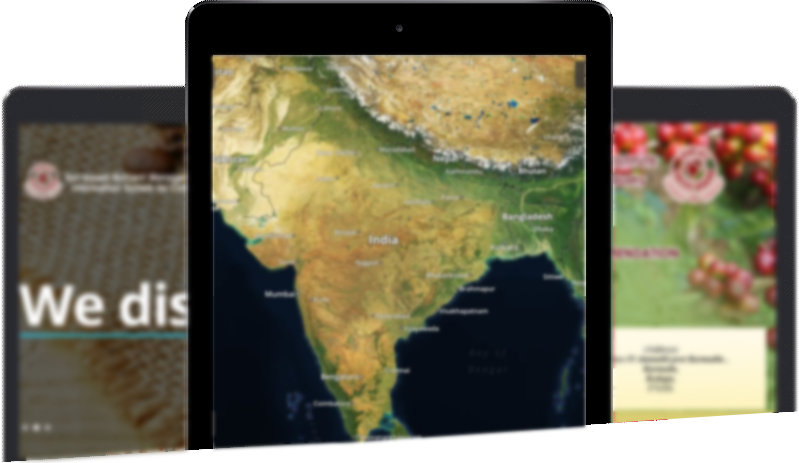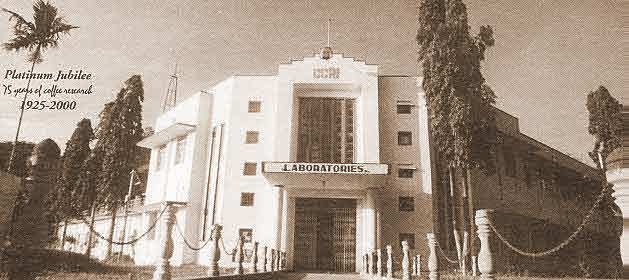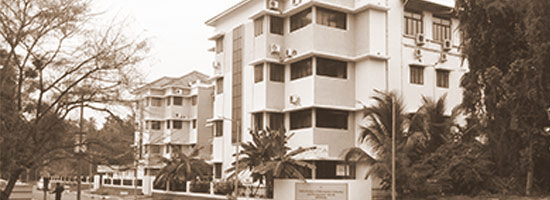Soil based
Nutrient Management Information System
for coffee growers.
An ICT enabled initiative
by Coffee Research Institute, Coffee Board
Ministry of Commerce, Govt. of India.
Soil Nutrient status
and Fertilizer recommendation
at your fingertips.
Web GIS based
Spatial Information System for
location specific nutrient advisory.
Soil Nutrient Management system
---

Soil health is defined as the continued capacity of soil to function as a vital living system by recognising that it contains biological elements that are 'key' to ecosystem function within land use boundaries. Healthy soil will able to sustain biological productivity, maintain quality of surrounding air and water, besides promoting health of plant, animal and human.
Soil Health Card (SHC) that evaluates the health or quality of a soil as a function of its characteristics is a tool to help the farmers to monitor and improve soil health based on field experience and working knowledge of their soils. Regular use of SHC will allow farmers to record long term trends in soil health and to assess the effects of different soil management practices.
Soil health card designed for coffee farm will consist of information on soil health indicators like organic carbon, pH, electrical conductivity, major, secondary and micronutrients content of each soil and crop-wise recommendation of fertilizers required for coffee as well as one intercrop (pepper or orange) existing on the farm land.This will assist the farmer to correct the deficiency of nutrients, if any and maintain the soil health by judicious use of fertilizers for achieving sustainable yields.
5333 Registered Growers.
6330
Samples
6330 Samples Collected.
43
SHC
43 Soil Health Cards Issued.






